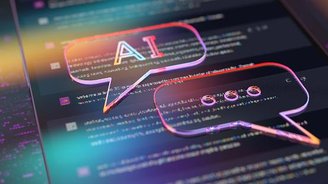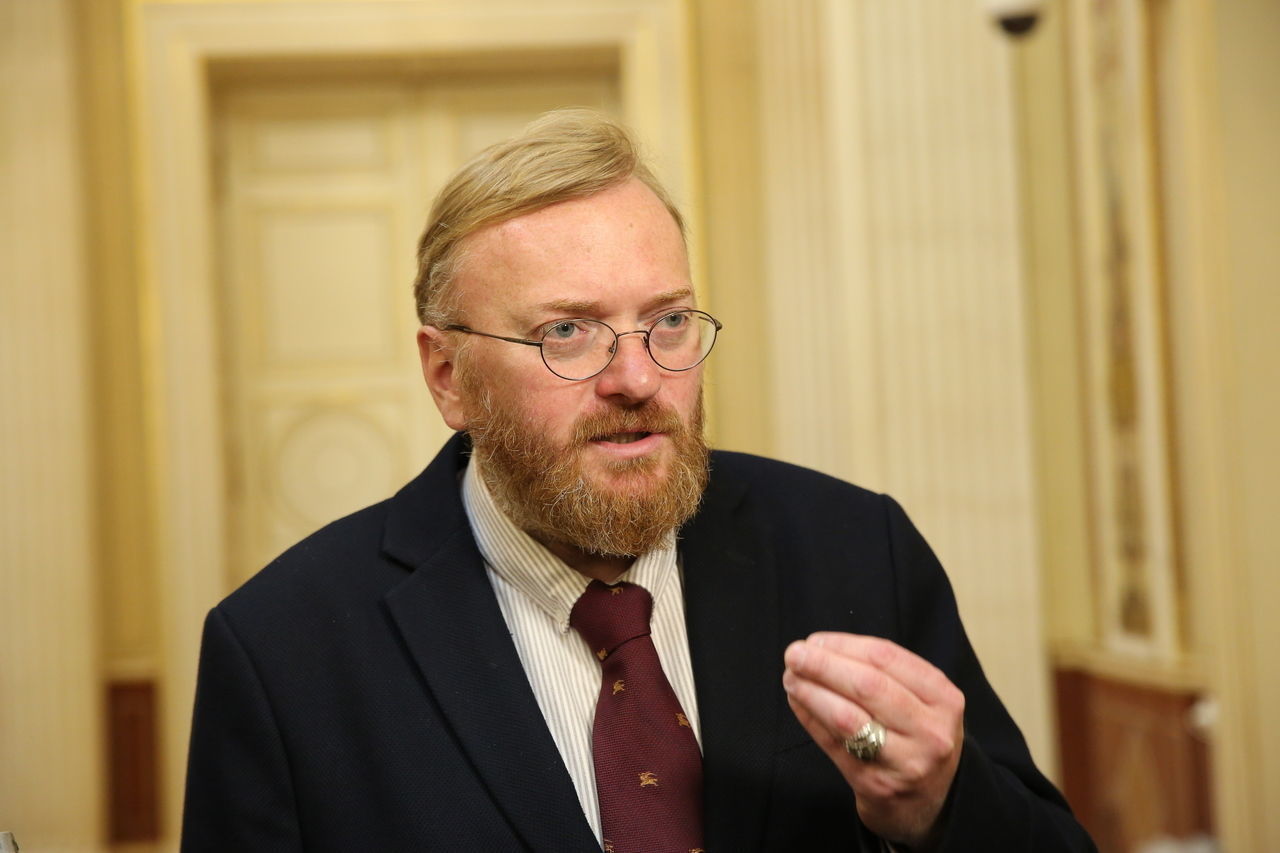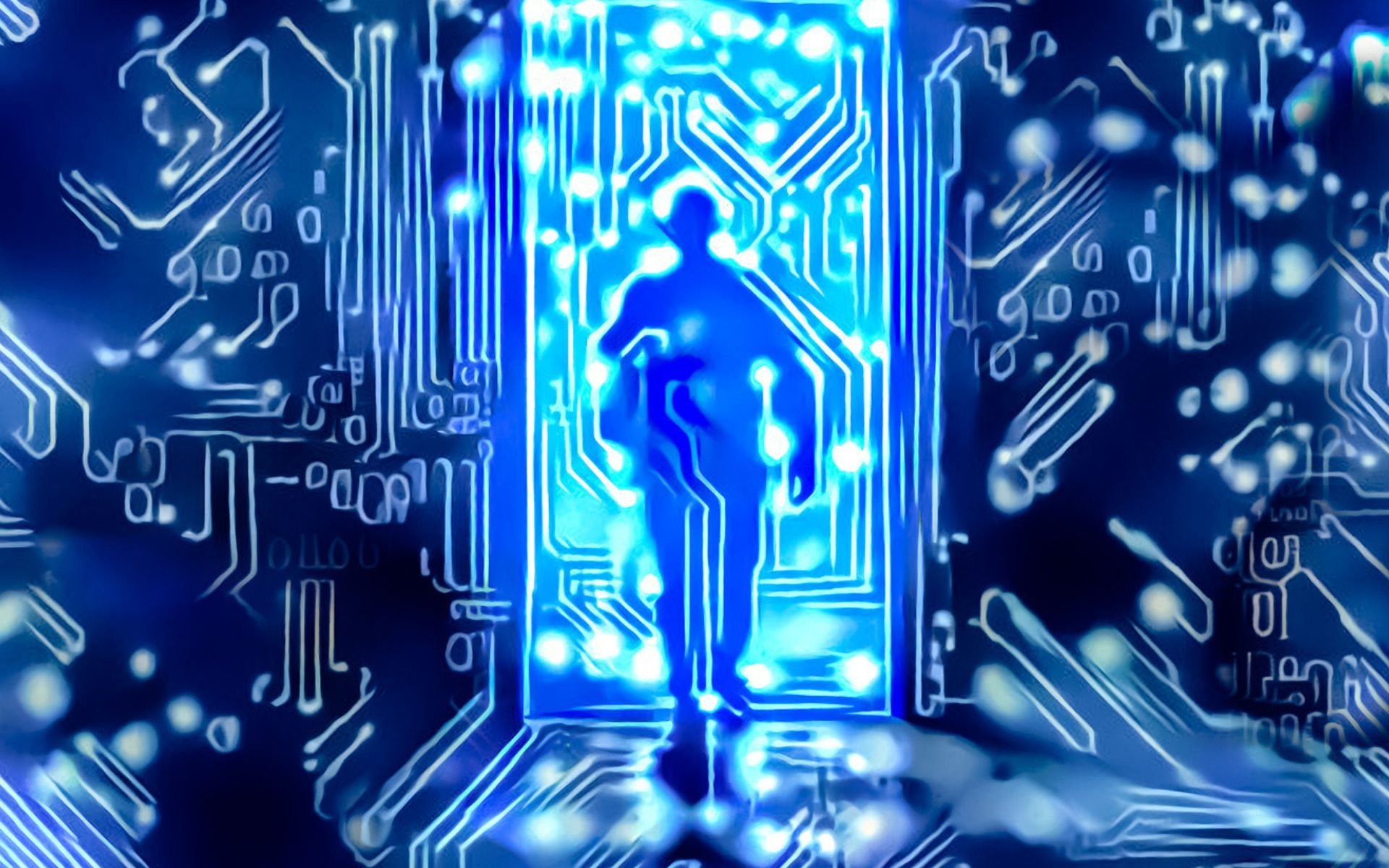The existence of written and voice artificial intelligence has provided very interesting uses. These include cloning the dead.. This concept, seen by many as just a curiosity or something morbid, has already been brought up in science fiction movies, TV series and books.
But, Interviews with people who have already left are a reality full of nuances and ethical issues that have not yet been discussed.. Learn more about digital cloning, how it works, and potential ethical crises.
What is digital cloning?
Digital cloning is nothing but the recreation of a personality, in this case a person who actually exists or exists, using artificial intelligence. AI is fed with data from text messages, letters, sounds, images (video and photo) and is programmed to answer simple questions.
Then, Communication with the dead is not a direct connection to the afterlife; It is about coming into contact with a personality similar to that captured by an artificial intelligence programmed specifically for you..

Testing users ghost robots Like Replika, YOV and Project December, They say they experience uncertain feelings about using the platforms.
For some, being able to speak a few words, hear the voice, remember the face and even get advice was a heartwarming experience. But do those who have already left want to be kept in a limited digital copy?
The ethics of digital resurrection
Seoul National University School of Law conducted research on the ethics of digital cloning and respect for advance directives. 222 young Americans were presented with the case of a hypothetical 20-year-old girl who died in a car accident. Family members may disagree about whether to recreate the woman’s personality. ghost robot.
When questioned About how ethical it would be to achieve this digital resurrectionWithout the deceased’s consent or prior expressed wish, only 3% think there is no problem.
On the other hand, when it was learned that the deceased had consented to digital cloning, 58% of those interviewed were in favor of the plan. The data not only raises questions about how we cope with death, but also our respect for the wishes of the deceased. But there is another problem in life; cloning

Artificial intelligence and developer companies They have no filter or control to determine whether the programmed personality is a living or dead personTherefore, anyone can be digitally cloned.
Ethical issues and limits to the good use of this technology are already being debated in academic circles due to uncertainty about its uses and effects on users.
This will not be a simple task and there is still a long way to go, but it requires attention and determination, Because technology is developing all the time and the consequences of misuse can be difficult to reverse..
Want to learn more about technology and life after death? So, understand the situation of the billionaire who wants to be cryogenically frozen after his death. Stay tuned to TecMundo for more science and technology related topics.
Source: Tec Mundo
I’m Blaine Morgan, an experienced journalist and writer with over 8 years of experience in the tech industry. My expertise lies in writing about technology news and trends, covering everything from cutting-edge gadgets to emerging software developments. I’ve written for several leading publications including Gadget Onus where I am an author.












